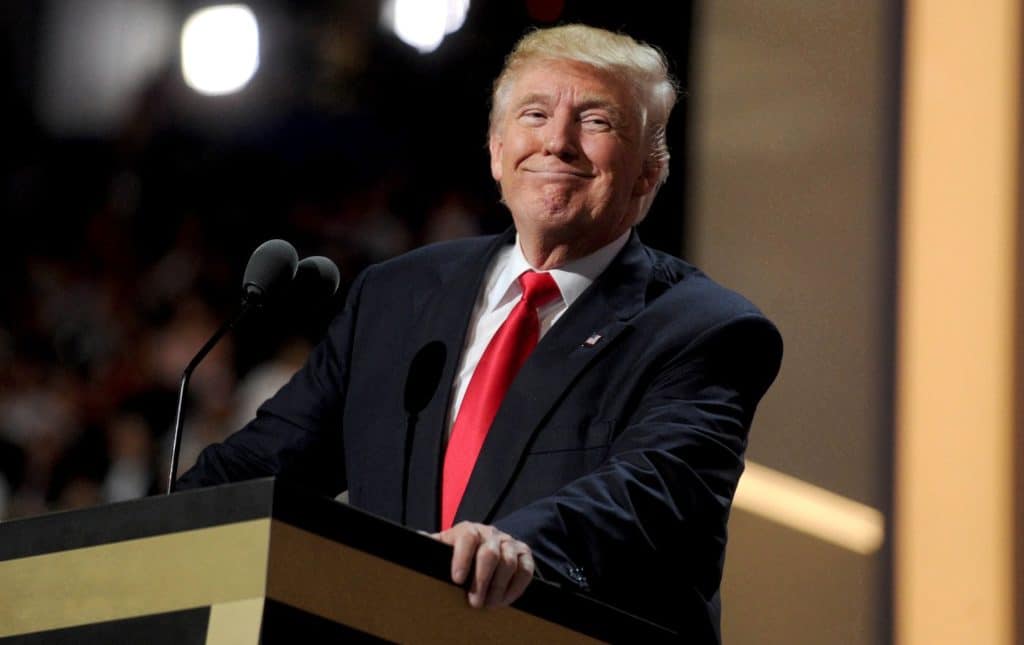
On January 15, just five days before his inauguration, U.S. President Donald Trump reportedly engaged in a heated and combative phone call with Danish Prime Minister Mette Frederiksen over his renewed efforts to bring Greenland under U.S. control.
Described by senior officials as “explosive,” the 45-minute discussion revolved around Trump’s insistence that Greenland is vital to American national security.
He even threatened to impose tariffs on Denmark, a NATO ally, to pressure the country into ceding the island.
Greenland, an autonomous Danish territory, holds significant strategic and economic value for the U.S. due to its position at the shortest oceanic crossing between North America and Europe, its Arctic trade routes, and its reserves of rare earth minerals, including uranium.

The U.S. already maintains a military base on the island. Despite its geographic ties to North America, Greenland has been politically aligned with Europe since the 9th century, colonized by Denmark in 1721, and governed as an autonomous Danish territory since 1979.
Frederiksen firmly rejected Trump’s push, referencing Greenland’s Parliament, which declared the island “not for sale.” She also reiterated Denmark’s commitment to Arctic security and proposed strengthening trade ties with the U.S., but Trump dismissed these suggestions, doubling down on his territorial ambitions.
“She’s not someone who would give an inch,” a U.S. foreign policy expert told The Hill. “She’s tough, not unreasonable, but definitely not the type to tolerate nonsense.”
The call left European officials concerned, with one source describing Trump’s tone as “appalling” and others warning about potential military escalation.
Trump’s fixation on Greenland ties into his broader vision of American territorial expansion. During his inaugural address, he described the U.S. as a “growing nation” with ambitions to expand its borders, likening Greenland to the 1867 Alaska Purchase.
Trump reportedly valued Greenland at approximately $230.25 million based on historical figures, though current valuations would be significantly higher. Beyond Greenland, Trump has previously floated ideas about annexing Canada or reclaiming the Panama Canal, but Greenland remains central due to its Arctic significance and economic potential.
Frederiksen’s refusal to entertain Trump’s demands has further strained U.S.-Danish relations. Known for her no-nonsense demeanor, Frederiksen has been dubbed “the John Bolton of Europe.” Her unwavering stance reportedly enraged Trump, intensifying the diplomatic divide.
Shortly after his inauguration, Trump reaffirmed his commitment to acquiring Greenland, dismissing Denmark’s objections with characteristic boldness. “Denmark will come around,” he declared from the Oval Office.
This confrontation highlights the growing geopolitical competition in the Arctic, where global powers like China and Russia are vying for influence, adding urgency to the U.S.’s strategic interest in Greenland.









